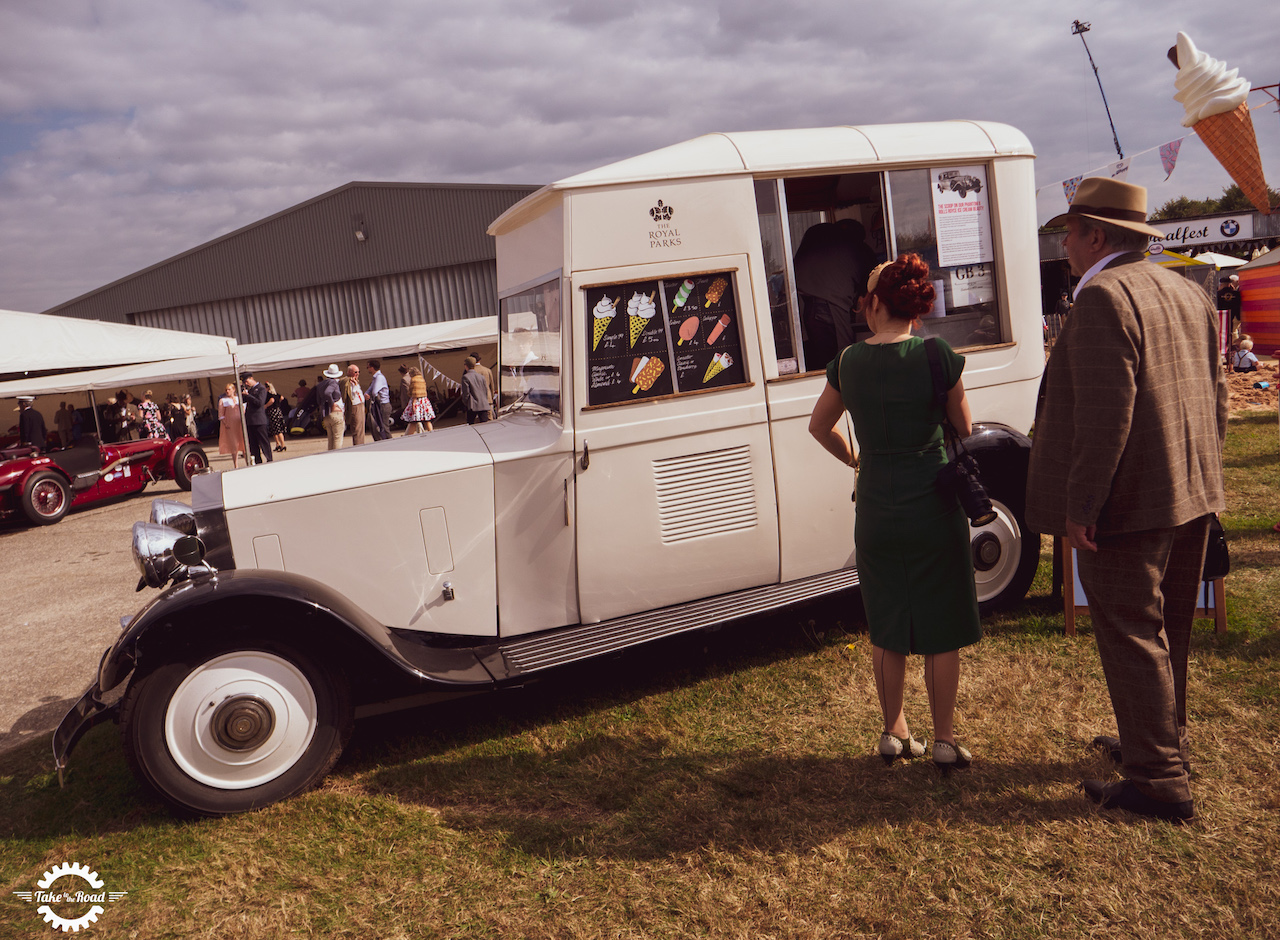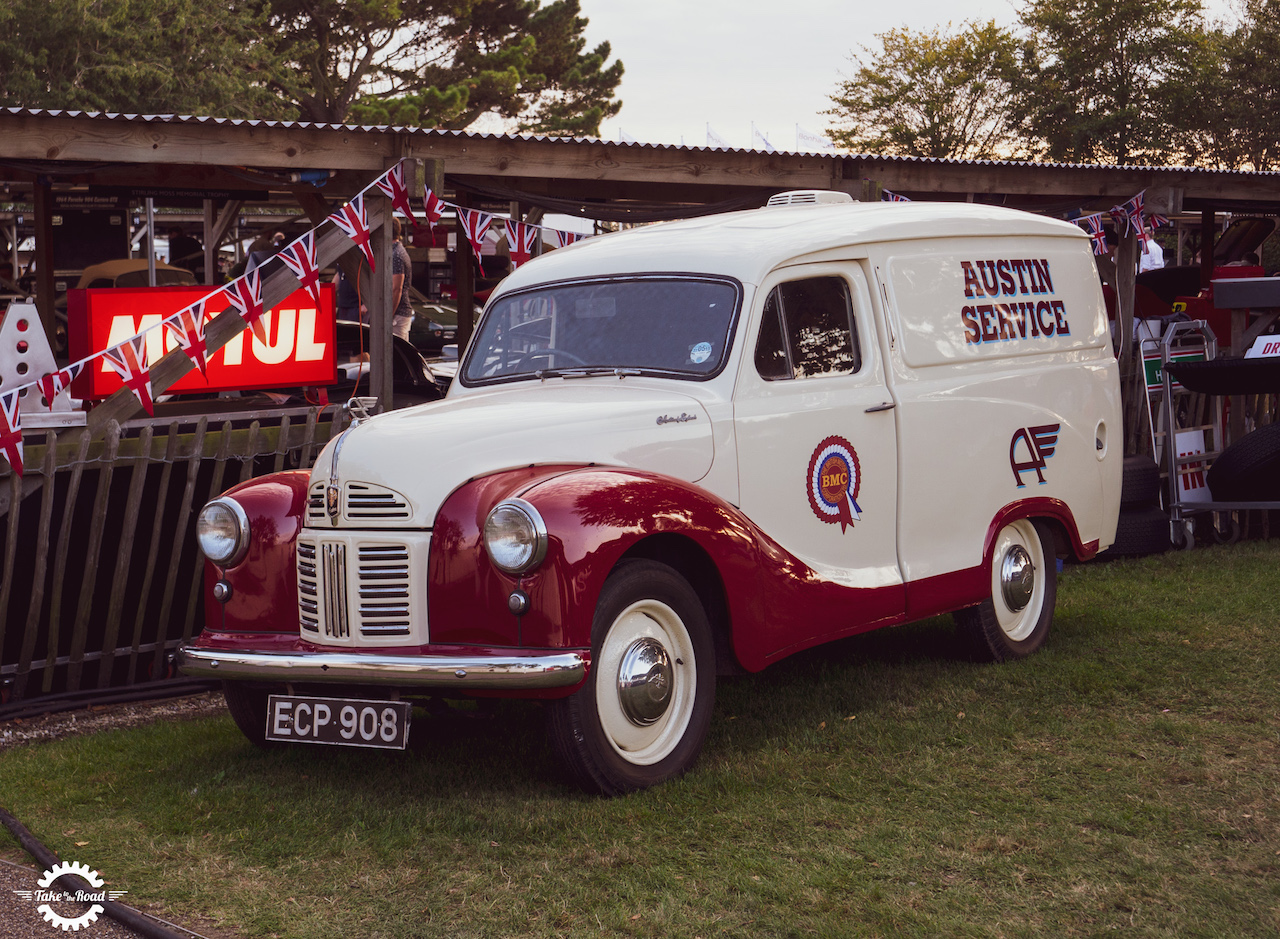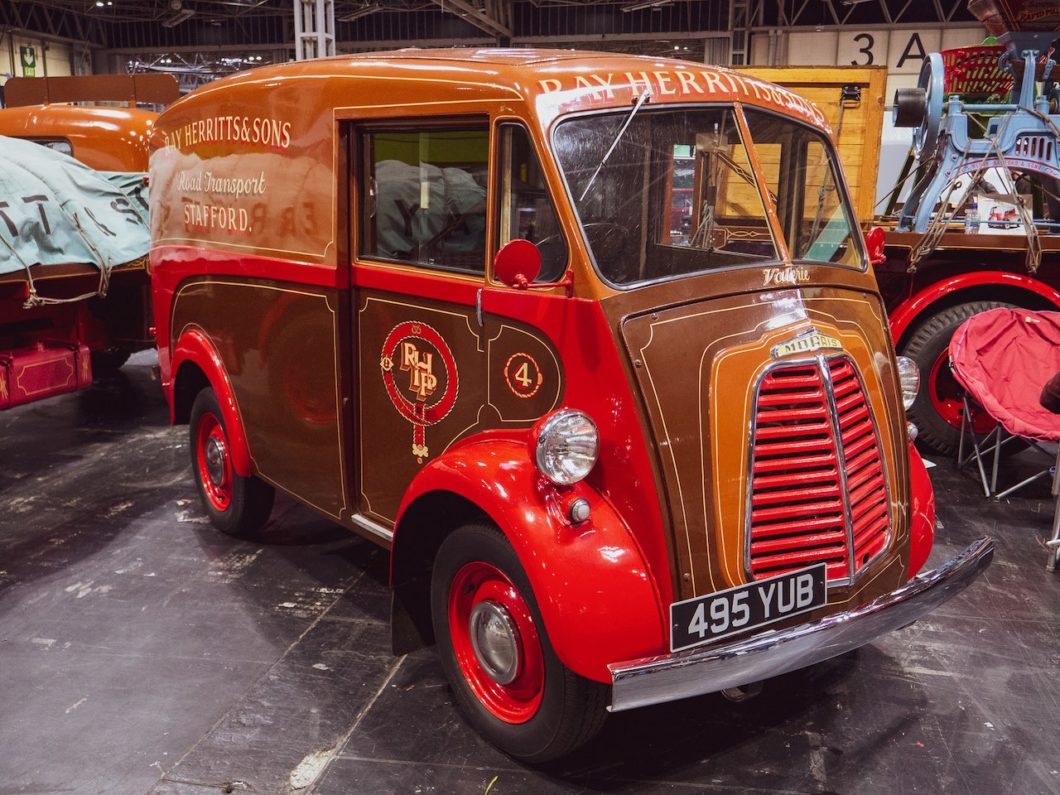Starting as a solo entrepreneur, such as launching your services as a contractor, is an adventure that requires a commercial vehicle. With more and more entrepreneurs registering fleet and business new cars across the UK, it makes sense as an independent contractor to buy rather than lease your vehicle.
As a solo entrepreneur, the decision to invest in a business vehicle can be a game-changer. Whether it’s for client meetings, product deliveries, or simply to enhance your professional image, having a dedicated vehicle for your business offers numerous benefits. However, purchasing the right vehicle requires careful consideration and planning.
#1. Buy it used
This may seem counterproductive, but if you are a solo contractor, you’re going to have to make a lot of investments to get your business running. If you consider all the necessary tools and business branding, this is a lot of money to spend when you are working alone. So, when it comes to buying a business vehicle as a solo entrepreneur, your budget is likely a top consideration. Opting for used cars and vans can significantly reduce your upfront costs while still providing reliability and functionality. However, it’s crucial to choose wisely.

Look for vehicles with a solid maintenance record, preferably from reputable sellers or dealerships. Additionally, consider factors like mileage, age, and overall condition to ensure you’re getting the best value for your money.
#2. Wrap it
One of the most underrated marketing tools for solo entrepreneurs is vehicle wrapping. By transforming your business vehicle into a mobile billboard, you can effortlessly advertise your brand wherever you go. The idea is that people on the road can take note of your business name and number. So, you can promote your services just by driving to your next client!
Whether it’s a vibrant logo, catchy slogan, or contact information, vehicle wrapping can help attract potential customers and enhance your professional image. Plus, it’s a cost-effective way to market your business continuously.
#3. Getting over driving anxiety
Driving your first business vehicle can be intimidating, especially if you’re used to driving smaller personal cars. Similar to when you first learned to drive, it takes time and practice to feel comfortable behind the wheel of a larger business vehicle.

Start by taking short trips to build your confidence gradually. Practice parking, maneuvering, and navigating different road conditions until driving your business vehicle becomes second nature.
#4. Consider tax benefits
Before finalising your business vehicle purchase, it’s essential to understand the potential tax benefits associated with it. To put it simply, you could be able to save money on tax when you purchase new business equipment. This is where working with an accountant can help you navigate the complexities of tax deductions, depreciation, and other financial considerations. Essentially, you want to maximise your savings and offset some of the costs associated with owning and operating a business vehicle.
#5. Researching the best commercial insurance
Unlike personal vehicles, business vehicles may require specialised insurance coverage to protect both you and your business. Take the time to research and compare different commercial insurance options to find the right coverage for your needs.

Factors to consider are liability limits, comprehensive coverage, and additional endorsements for specific risks related to your business operations. Needless to say, adequate insurance will provide the peace of mind and financial protection in the event of an accident or unforeseen circumstance.
#6. Investing in a secure parking location
Is your vehicle safe, especially when it’s not in use? The question is whether you have a secure parking location, such as a locked garage or monitored lot, to prevent theft, vandalism, and other potential risks. Even if it means clearing out space in your garage or renting a dedicated parking spot, the benefits of a secure parking location far outweigh the inconvenience.

Additionally, storing your vehicle in a secure location can potentially lower your insurance premiums, saving you money in the long run.
#7. Consider special modifications
Depending on the nature of your business, you may need to make special modifications to your vehicle to enhance its functionality and efficiency. Whether it’s custom shelving for organising tools and equipment or specialised racks for transporting goods, investing in these modifications can streamline your operations and improve productivity. Yes, unfortunately, this is also a cost to consider when buying a business vehicle!
Purchasing a business vehicle as a solo entrepreneur is a significant investment that requires careful consideration and planning. Hopefully, the tips here can help you make informed decisions that not only meet your business needs but also maximise your return on investment. Each step plays a crucial role in ensuring the success of your business on the road.
This is a Take to the Road Collaborated Post


